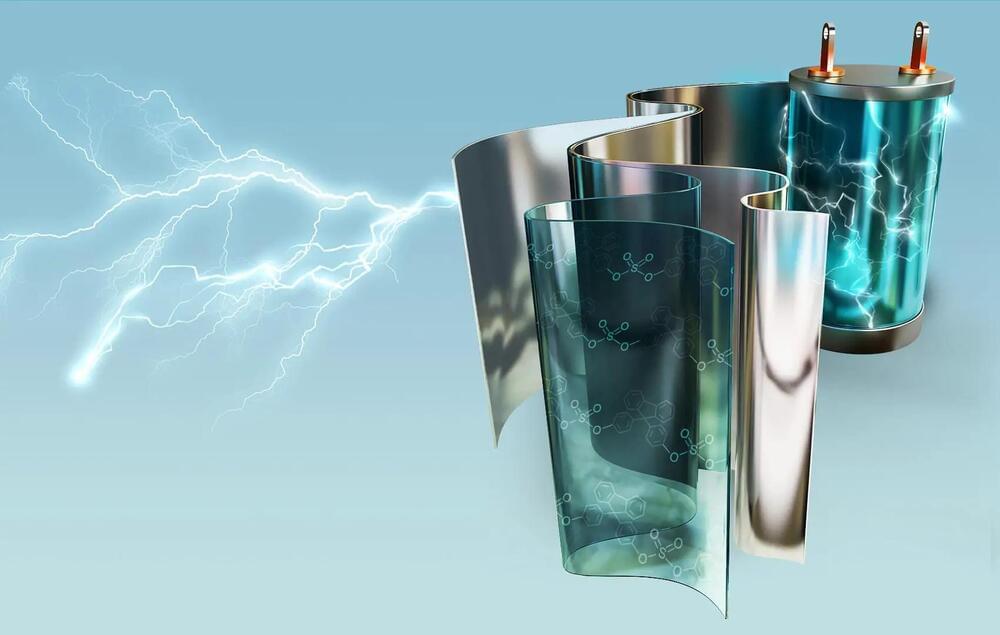Flexible polymers made with a new generation of the Nobel-winning “click chemistry” reaction find use in capacitors and other applications.
Society’s increasing demand for high-voltage electrical technologies – including pulsed power systems, cars, electrified aircraft, and renewable energy applications – requires a new generation of capacitors that store and deliver large amounts of energy under intense thermal and electrical conditions.
A new polymer-based device that efficiently handles record amounts of energy while withstanding extreme temperatures and electric fields has now been developed by researchers at the Department of Energy’s Lawrence Berkeley National Laboratory (Berkeley Lab) and Scripps Research. The device is composed of materials synthesized via a next-generation version of the chemical reaction for which three scientists won the 2022 Nobel Prize in Chemistry.
